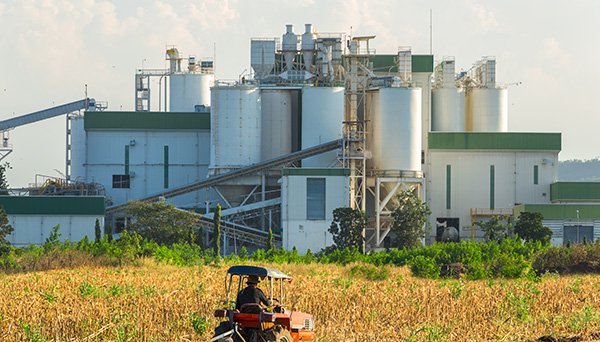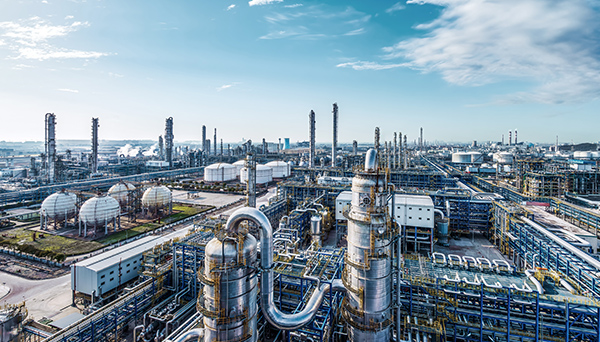LanzaTech | Bio-refinery Gas Fermentation Process
LanzaTech deploys its microbe-based gas fermentation technology in its commercial plant in China to capture carbon from steel mill off-gas and convert it to fuel-grade ethanol
Pressure from varied stakeholders to decarbonise is changing industrial outlook on their value chains
To stay competitive, organisations will have to work closely with their partners in the value chain, adapt to stricter legislations and pressure from key stakeholders such as investors, for effective resource management and risk mitigation. If managed well, these challenges provide an opportunity for businesses to discover innovative solutions, drive impactful action, realise efficiencies, and enhance their market share.
Operationalising sustainability and implementing low-carbon solutions through effective value chain management is not only the need of the hour but a business imperative.
Accounting and measuring the carbon footprint of value chains is essential for companies to decarbonise Scope 3 emissions
Effective decarbonisation of companies will begin by companies and industries mapping, identifying, and quantifying the carbon footprint of their upstream and downstream value chain partners. Carbon accounting tools are increasingly playing a noteworthy role in evaluating value chain footprint and provide crucial inputs for making necessary interventions.

LanzaTech deploys its microbe-based gas fermentation technology in its commercial plant in China to capture carbon from steel mill off-gas and convert it to fuel-grade ethanol


